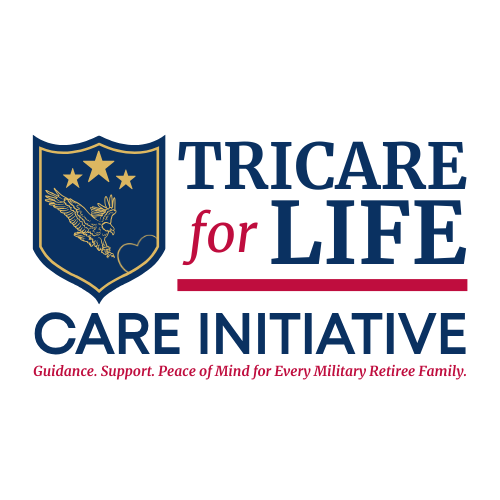When Tricare for Life Doesn’t Go Smoothly: How to Fix Common Problems
For most retirees, Tricare for Life (TFL) activates seamlessly once you have Medicare Parts A and B and your DEERS record is current. Medicare pays first, TFL pays second, and your bills are usually fully covered.
But sometimes, things don’t go as planned. Maybe your coverage doesn’t show up right away. Maybe a claim bounces back. Or maybe your provider isn’t sure how to bill both Medicare and TFL.
Don’t panic, these issues are common, and most are fixable. Here’s what to do if your TFL isn’t working the way it should.
Step 1: Double-Check Your DEERS Record
Your Defense Enrollment Eligibility Reporting System (DEERS) record must be accurate, or TFL won’t activate properly.
Make sure your address, name, and Medicare Part A & B information are up to date.
Common hiccups include name mismatches (e.g., maiden vs. married name) or outdated addresses.
How to fix: Call 1-800-538-9552 or visit the nearest RAPIDS ID Card office.
Step 2: Confirm Medicare Enrollment
TFL only works if you’re enrolled in both Medicare Part A and Part B.
Look at your Medicare card or log into your my Social Security account to confirm your Part A and Part B enrollment dates. You can also use your Medicare.gov account to review claims and coverage details.
If you delayed enrolling in Part B, TFL won’t start until your Part B begins.
Step 3: Know Who Pays First
In the U.S.: Medicare pays first, then TFL.
Overseas: Medicare doesn’t cover care abroad (except very rare emergencies), so TFL becomes the primary payer.
A lot of denied claims are simply billing errors where providers sent the bill to the wrong payer first.
Step 4: Call Wisconsin Physicians Service (WPS)
WPS is the contractor that processes TFL claims. If your provider billed correctly but your claim is still stuck, call:
📞 WPS TFL Customer Service: 1-866-773-0404
Have your Medicare number, sponsor SSN, and claim information ready when you call.
Step 5: Watch for These Common Hiccups
Medicare Advantage Plans: Claims don’t always flow automatically. Some people need to file manually with TFL. Others report theirs processed without issue.
System Delays: Sometimes it takes weeks for DEERS and Medicare updates to sync.
Coding Errors: If your provider doesn’t bill properly, neither Medicare nor Tricare can coordinate.
Step 6: When to Ask for Help
If you’ve already checked DEERS and Medicare and WPS can’t resolve the issue, don’t go it alone.
Reach out to your local TRICARE office.
Contact TFLCI, we walk members through these exact problems every day and can point you in the right direction.
Closing Thoughts
Tricare for Life is one of the most valuable benefits you’ve earned. While system hiccups can feel stressful, they’re usually resolved with a few phone calls and record updates.
New to TFL? Start with our Beginner’s Guide to Tricare for Life.
Already in the weeds? TFLCI is here to help, reach out to us anytime!
